Kayleigh Chilten
Students & Alumni. Criminology.
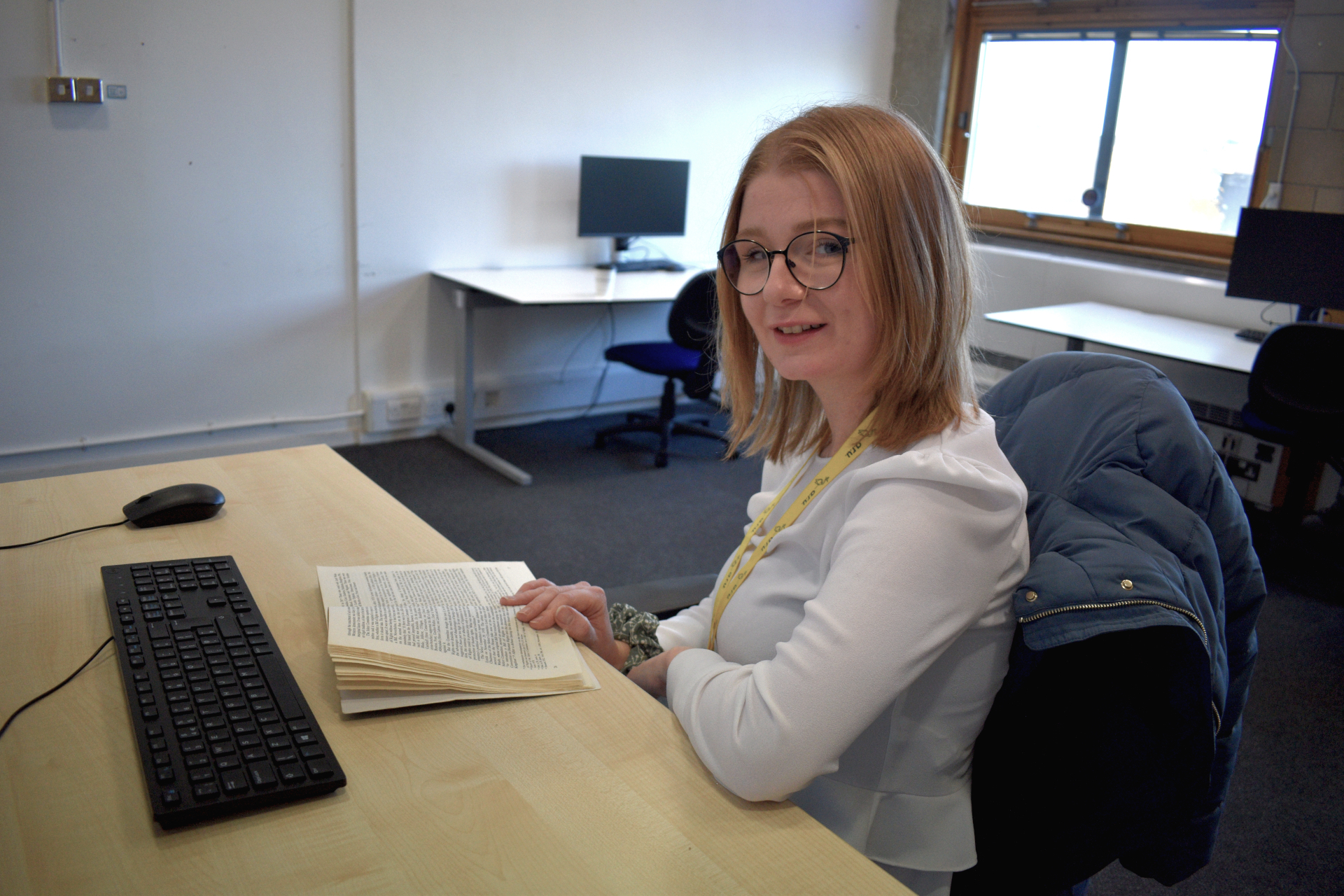
Kayleigh Chilten is currently studying for an MA Criminology at ARU Cambridge, having graduated from our BSc Policing and Criminal Justice in Chelmsford. She also works as a Student Sexual Violence Consultant at ARU.
What does your role as a Student Sexual Violence Consultant involve?
It's all about creating awareness on the services that are available at ARU in terms of supporting victims or survivors of sexual violence and just breaking down some of those rape myths, and rape cultures.
I started the role last year. It was their first cohort of students within this role. ARU never really had student-led voices to consult policymakers and staff on sexual violence policies, so it’s been really exciting to be at the forefront of change as as well as working with like-minded students. It's been quite empowering to have students at the forefront of policy-making and policy-changing at ARU.
As well as consulting with the university on policies we've completed a lot of really exciting projects. We've created posters informing students on services at ARU, trying to break down rape cultures. We're making podcasts around sexual violence as well. They're currently recruiting the next cohort, but last cohort there were around seven or eight of us, all from different roles, different disciplines, different jobs, different cultures and beliefs. That’s one of the great things about it.
Where and what did you study before coming to ARU?
I have lived in Chelmsford all my life. I went to Moulsham Infants, then Moulsham Juniours, then Moulsham High School. It was a great school in terms of education, and I've met some lifelong friends on the way that I'm still in contact with. When I left Moulsham I went to Chelmsford College and achieved an extended diploma in Health and Social Care.
You're probably thinking ‘Oh, you've done health and social care. Why didn't you go into a discipline around that area?’ I was lucky enough to have placements at Chelmsford College, and I had a hospital-based placement that I just really didn't like. I guess it just changed my career trajectory and I wanted to focus more within criminology, social science. It was a great help to understand what I want and my interests really. I just think there's only so much you can learn from a textbook. Having that hands-on practical experience is just essential in my opinion. A few years after that I started my BSc Policing and Criminal Justice at ARU.
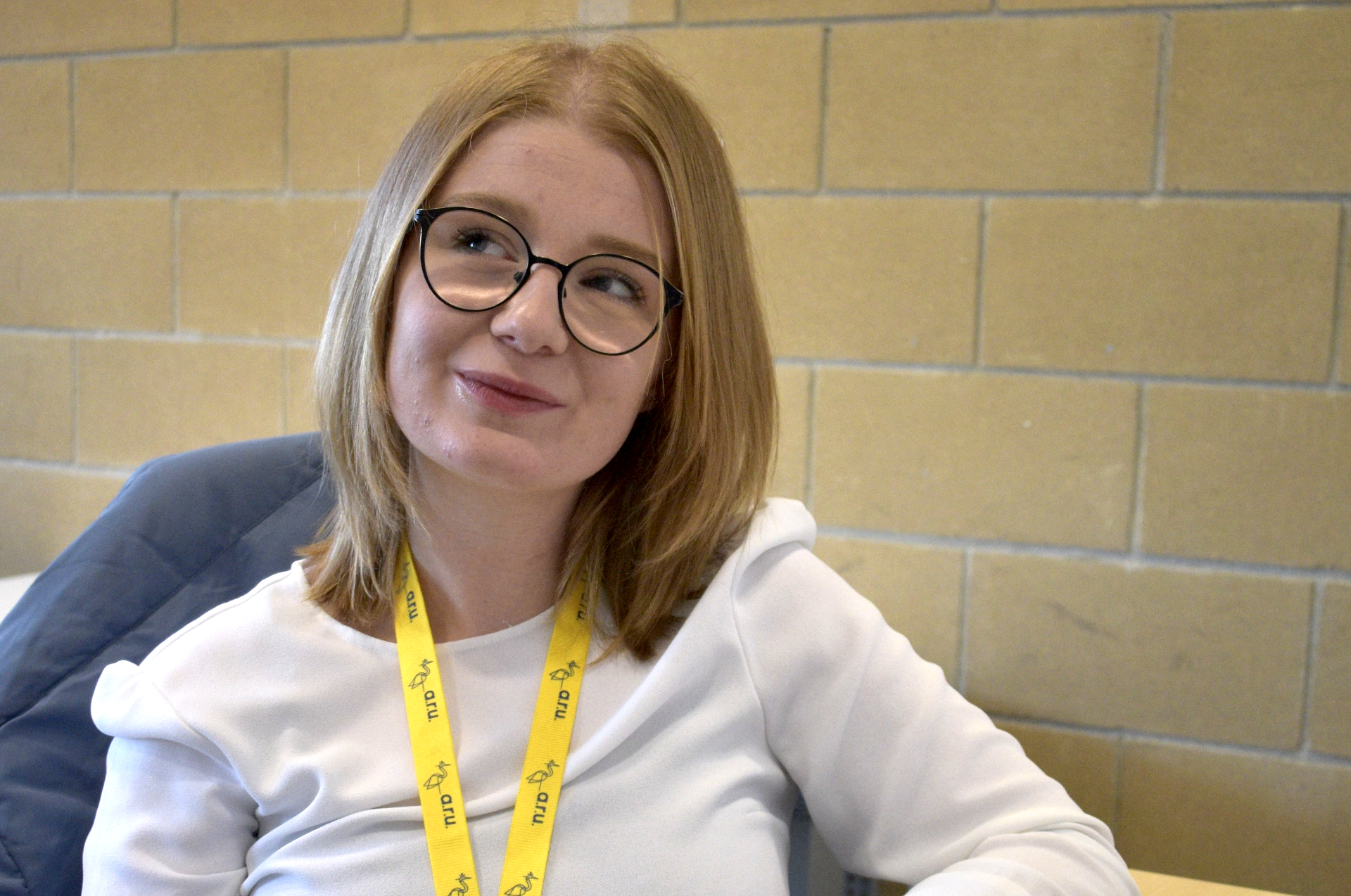
Did you always know that you would go to university and if not, what changed your mind?
Initially, no. From primary to secondary, I was always placed within bottom sets. I particularly struggled with my English, and with my speech a lot, so I had elocution lessons. But it was quite clear that I always had a passion for learning, although I was hindered sometimes due to troublesome students in my class!
But I guess what changed my mind was just this strong passion and interest in criminology and policing, which I wanted to further pursue and to challenge myself really. When I first started university, I never felt like I was strong academically, but I challenged myself and challenged my capabilities.
What do you hope to do when you graduate from ARU?
This is a really difficult one because I don't have any solid plans in terms of career paths. I think I'm still at the mindmap stage, where I’m deciding on what I would want to do. But I've got ideas. I'm interested in going into research within the criminology field, and I've got a potential interest in working with the police within specialised units of some sort, I'm not sure on what yet. But at ARU, the Employability Centre is great in terms of giving advice and support in helping you on your journey.
A PhD is definitely something I'm going to consider. I think I've been really lucky that I was employed as a Research Assistant in my second and third years alongside Senior Lecturer Dr Aimee Neaverson. We did a lot of research around county gangs, child criminal exploitation, and it's really driven me to potentially pursue a career within the research field. It’s surprised me because, at the beginning, I never considered myself someone that was academically smart, but I've really worked hard and surprised myself with my own capabilities.
Is there any one thing that inspired you to get involved with criminology and policing?
Instead of inspired, I would say I was driven to get into this field due to contemporary issues affecting our society, which have either been documented in the news or which I have had first-hand experience witnessing within my community or personally. I have pretty much all my life been brought up on a council estate, so I've seen the hardships. I've seen poverty, homelessness, crime, loneliness, a lot of these issues affecting my community and people that I care about. I think it drove me to question these contemporary issues, but as well to question why, and how do we make these issues better? How do we drive for change?
At the beginning of this year, there was a 16 year old boy stabbed to death a couple of miles from where I live. It makes me sad and angry that these sort of things are happening in our community, in our streets. I've done quite a bit of work with Students at the Heart of Knowledge Exchange (SHOKE), and it’s been great working alongside them because they are a massive advocate for change, with the projects they have such as Impact 24. One of the first challenges I worked on was with Chelmsford City Council, working in a group for 24 hours to come up with potential solutions for these issues. So for me it's just driven by wanting change, and allowing people to live in a safe and inclusive community.
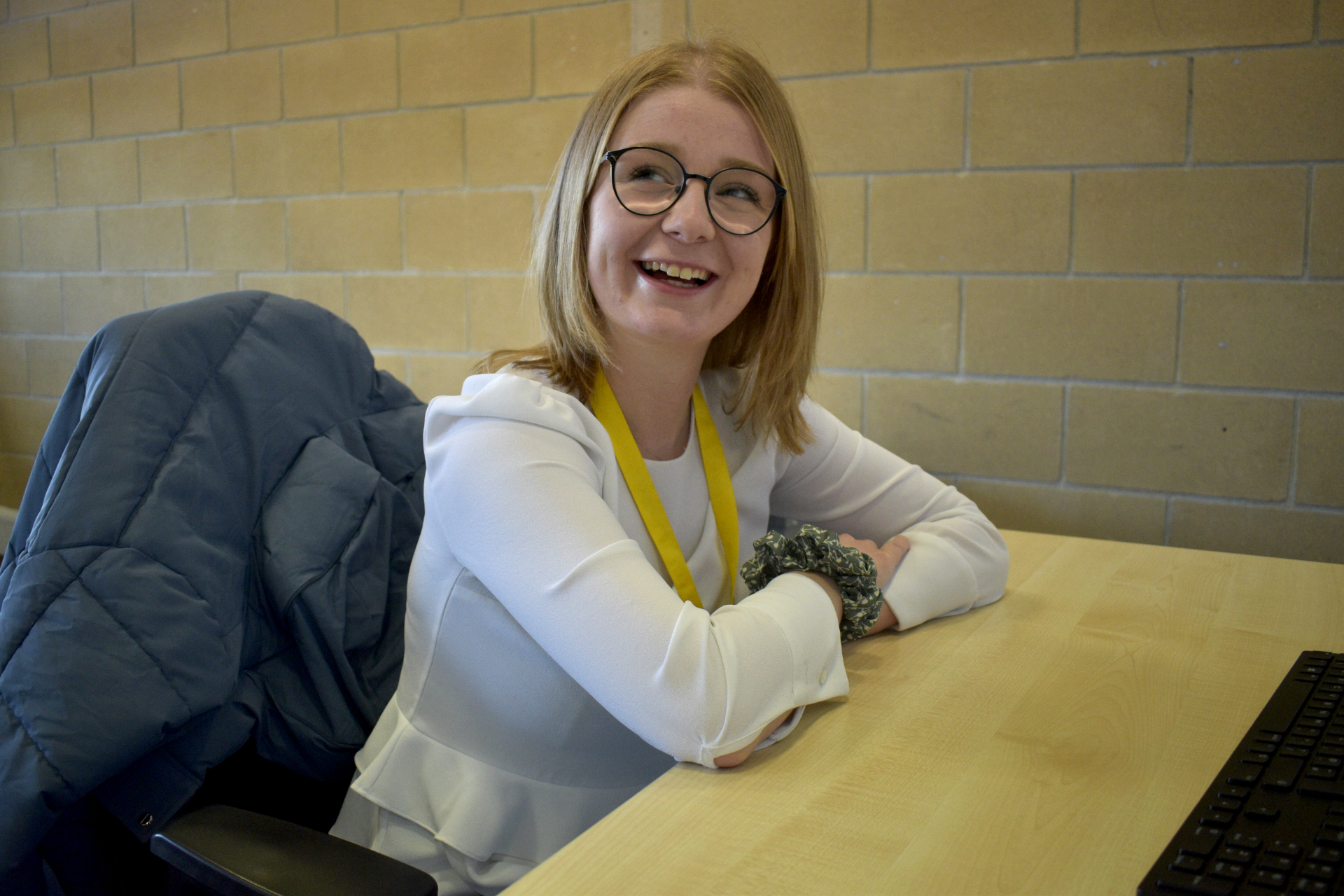
What's the most valuable thing you will take away from your course?
The expertise of the lecturers. They all have really diverse research interests, which I've kind of taken pockets of each. Their passion for their research interests has inspired me to have my own, and to consider future employment in the world of social research too.
The extra-curricular work I did at ARU as a Research Assistant was very helpful too when it came to my academic writing, because in my free time I was doing literature reviews or trying to gather literature for Amy, and it really condensed my understanding of Social Research, which was great. I have developed professional networks along the way, which gives you a platform and further opportunities to potentially work within this remit.
Which aspects of your course have most helped your career development, and why?
One of the great things about this course for students’ career development is that there is a large handful of lecturers that have practitioner experience. So if a student has a particular interest in prisons, for instance, John Greenan, one of my other lecturers, he's worked within prisons for 16 years. So if someone has a particular interest in working in prisons, they can have a conversation and there could be potential contacts to make there. Another lecturer in in Chelmsford had, I think, 25 years within the Metropolitan Police at different ranks, so I asked him about the Met and working within the police. It gives you a bit more insight into potential career developments and career pathways. I love the fact that. a lot of the lecturers have that hands on experience with the world, rather than just learning about it from a textbook. It's really insightful.
What piece of advice would you give to your younger self?
To believe in yourself. I know that sounds so cliche, but I think not just me, but probably many people have a tendency to doubt their own abilities. For one, not stressing over things that you can’t control. But ultimately, I think the main one is to not compare yourself to others over intelligence levels, or thinking that you're not smart enough to be here. I think we all have expertise and intelligence in our own kinds of wonderful ways, and we can share our diverse knowledge and experiences with one another.
I've found so far on this Masters’ course there's been a higher intake of international students, which I found really, really good. Because especially this trimester, we're talking quite a lot about transnational crime and crime on a global scale. So it's been really interesting to understand the crime that goes on within their country, or the kind of issues that are currently facing them. It's just been really eye opening for my understanding of others on a global perspective.
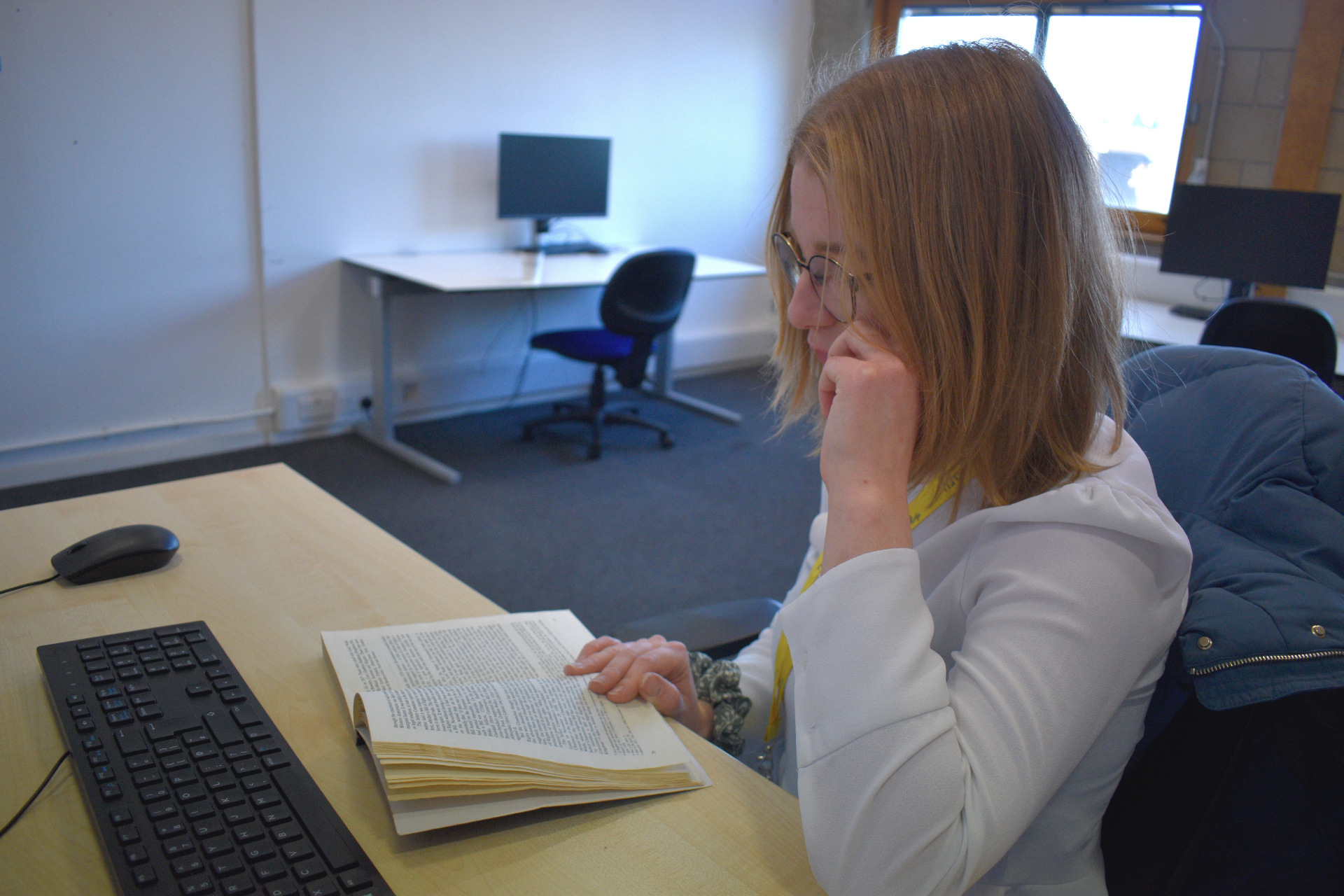
What were your favourite things about studying in Cambridge and Chelmsford, and what have you learned about them that other people might not know?
I was on Chelmsford campus for my undergraduate degree, and I've lived in Chelmsford all my life, so it’s difficult to answer for that. We've got a lovely cathedral!
With Cambridge, I've learned how beautiful the city is, especially in the Old Town. I honestly felt, when I stepped into the Old Town, like I had travelled back a few hundred years, with the little cobbled streets and the old buildings. I really want to visit some of the museums in Cambridge and maybe even the theatre too, so there’s a few things on the bucket list as well.
But I'd say one thing I learned is that the amount of cyclists they have in Cambridge is mind blowing. It scared the life out of me! The infrastructure is much better in promoting cycling in Cambridge compared to other places, but the first time I went there I was like ‘Why are there so many people riding their bikes?!’ They’ve even got a sign near the university that says how many people have cycled today, which I thought was quite a nice little feature.
What projects are you currently working on, both on and off the course?
I'm beginning to prepare for my Master's major project, which I'm aware is due in September. However, it's a big piece of work - 15,000 words - so I've begun planning it already. I haven't got anything definite in terms of where I'm going but I feel like I'm at the stage where I'm beginning to generate ideas and research questions, and deciding whether I'm going to do primary research or secondary. I'm hoping obviously to do primary research because I think that’s just a great experience, and will really push my limits and boundaries. I think I'm going to focus on county line gangs and criminal exploitation.
For the student sexual violence consultancy work, we currently haven't got any live projects going on because we're waiting for the next cohort of students to be employed, which should be in the next couple of weeks. That's when we will start to generate some ideas with other students and see where we're going with any projects. But like I said, we had some ideas around podcasts, and hopefully we can jump back into those ideas and put them into practice. We're hoping to get some consultants from ARU Peterborough too, so we’re on all three campuses.
Where now
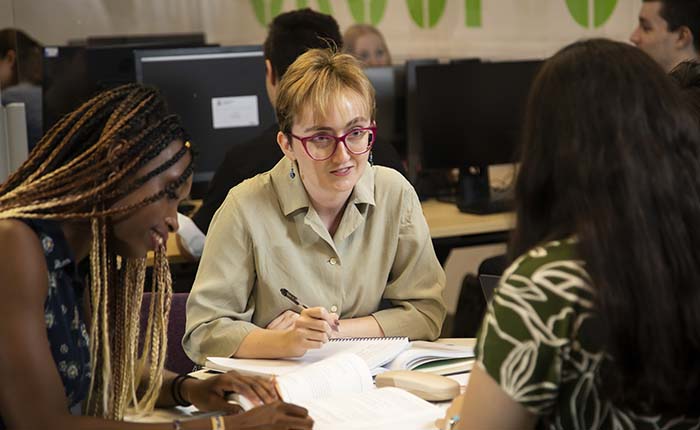
ARU website
MA Criminology
Examine real-life case studies of serious crime and the methods used to police it. Gain the skills and knowledge you need for a career in criminal justice.
Find out more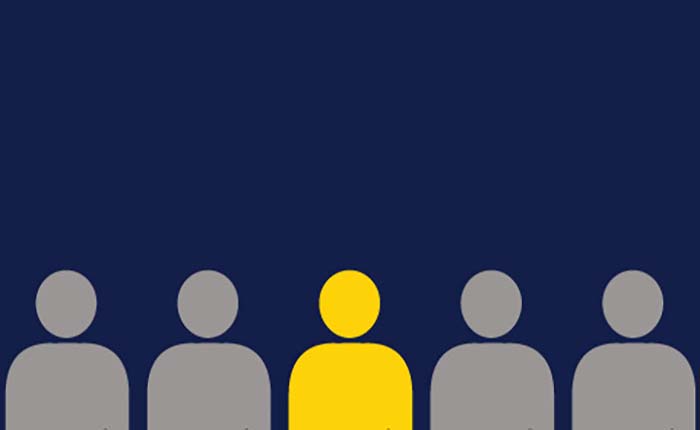
ARU website
Sexual Violence Support
The ARU Student Sexual Violence Advocacy Service (SSVA) is here to support you if you have been subjected to sexual violence of any form. The SSVA Service will listen and believe. They will also offer practical support and advocacy.
Get more information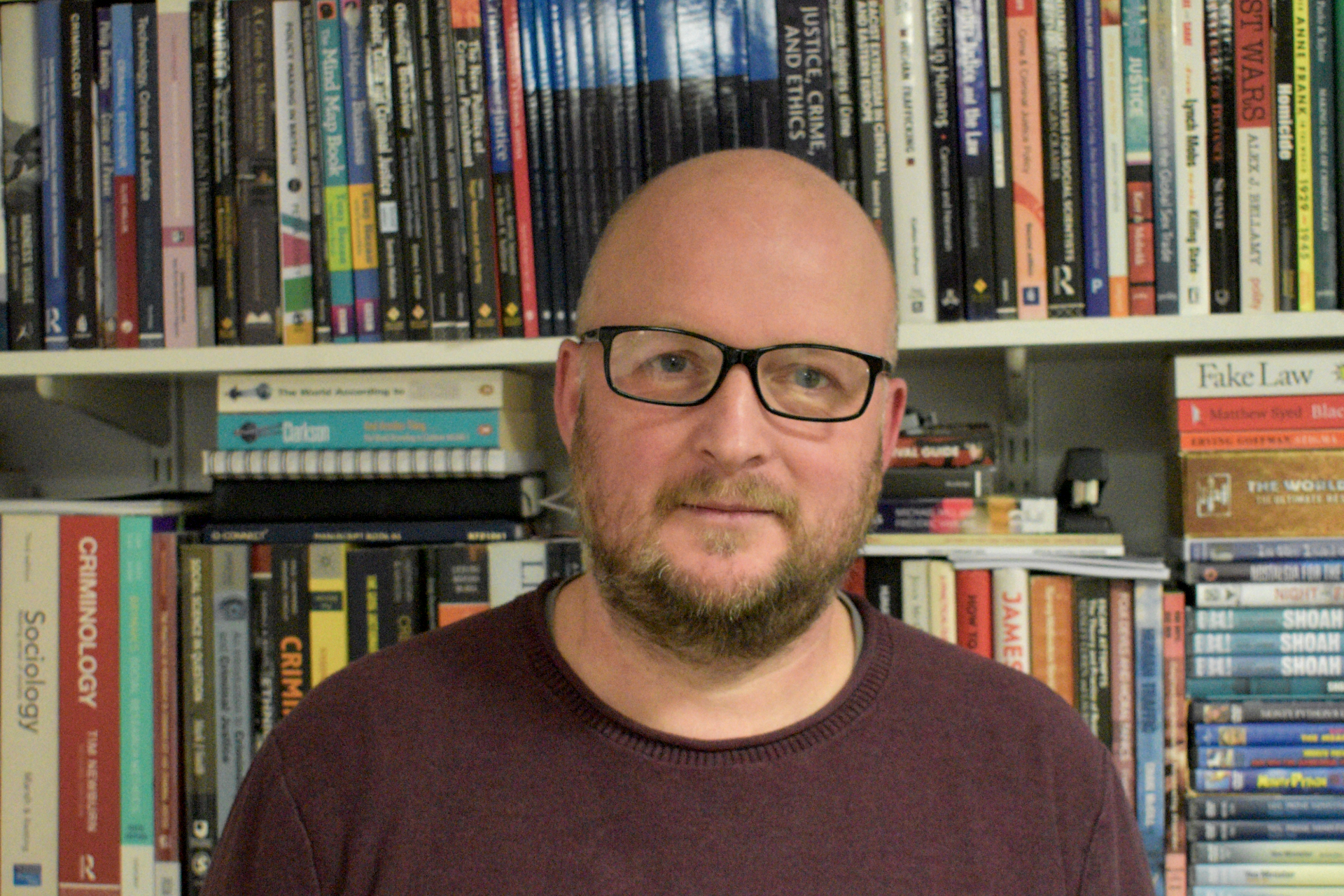
Our People
John Greenan
John Greenan is Lecturer in Criminology and Course Leader for the BA (Hons) Criminology and Policing at ARU. Having served for ten years in the military, and 16 in the prison service, he’s now conducting a PhD on radicalisation in prisons.
Meet John